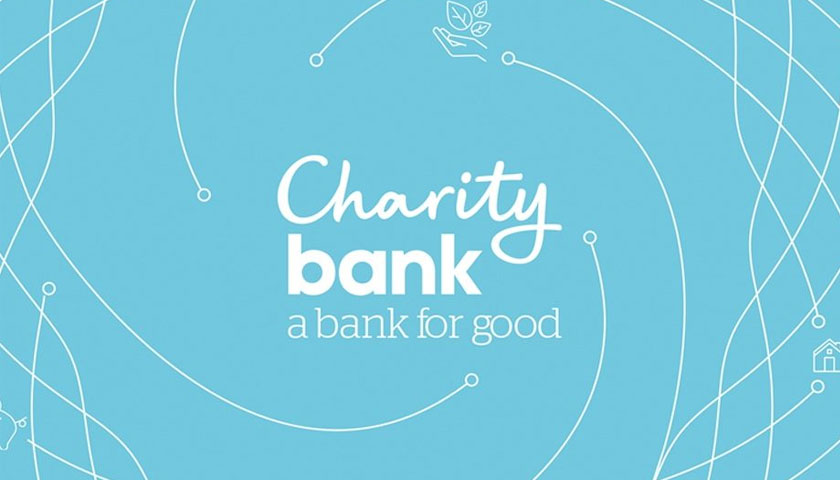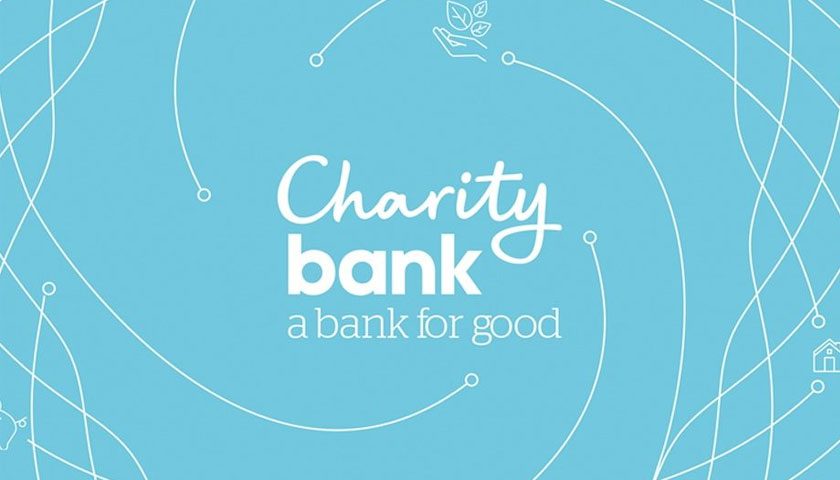Charity Bank, the loans and savings bank for positive social change, has secured £1m in new equity investments from two investors. The Samworth Foundation has become the newest shareholder of Charity Bank with an investment of £500k. In addition, existing Charity Bank shareholder, Barrow Cadbury Trust, has increased their total investment in the bank by £500k to £750k.
The new investments are timely, coming as Charity Bank announces record new lending commitments in H2 2020, approving £49m of loans, the highest amount of new loan approvals over a six-month period in the history of the bank. Demand for Charity Bank loans is high and continues to grow; with an additional £23m of loans approved in the first quarter of 2021. Charity Bank has now made over £350m in loans to charities and social enterprises since it was founded in 2002.
To meet the growing demand for repayable finance, including the significant unmet demand for unsecured funding, Charity Bank aims to raise at least £3m in ordinary share capital from new and existing social investors by 2022. For every £1m invested, Charity Bank can raise around £7m of deposits and thereby make around £8m of social loans. When these loans are repaid, these funds can be recycled again and again, generating even greater multiples of social impact.
Ed Siegel, Chief Executive, Charity Bank, said: “Since we emerged from the first lockdown in mid-2020, we have seen a sustained surge in loan applications from charities and social enterprises looking for support on projects, in part due to a reduced appetite for lending to the sector from mainstream lenders. As we emerge from the current crisis, the specialist financing and support that Charity Bank is able to deliver is going to be needed more than ever. The attraction of new equity investment remains a top priority for Charity Bank as this is an essential component that will determine our ability to continue to meet the financing needs of the social sector into the future.”
There is growing interest in social investment from trusts and foundations in the use of repayable finance alongside grant finance. The recent Association of Charitable Foundations report, ‘Investment: The Pillars of Stronger Foundation Practice’ suggests that a strong foundation ‘considers how investments can be used to advance the foundation’s mission over and above finance for grant-making’.
Charity Bank’s 2020 social impact study illustrates its influence on its charity and social enterprise borrowers: 69% reported that their Charity Bank loan enabled growth in their service, 81% said their project could not have gone ahead without the loan, while 42% said that the financing actually helped to keep their organisation afloat.
Tessa Durham, Grants Manager, Samworth Foundation, said: “We recognise the importance of blended finance solutions to support charities to flourish. We see Charity Bank as a strategic partner as we work together to support organisations to become more resilient, manage risks and be better positioned to meet the future needs of their communities.”
Erica Cadbury, Chair, Barrow Cadbury Trust, said: “We see this investment as a means to promote social justice and further develop the social investment market as an additional and vital resource for the social sector. Charity Bank has proven that its model of lending to charities and social enterprises is a highly effective way to strengthen and grow impact-led organisations, leaving these organisations better placed to address the many pressing social issues facing people and society today.”

